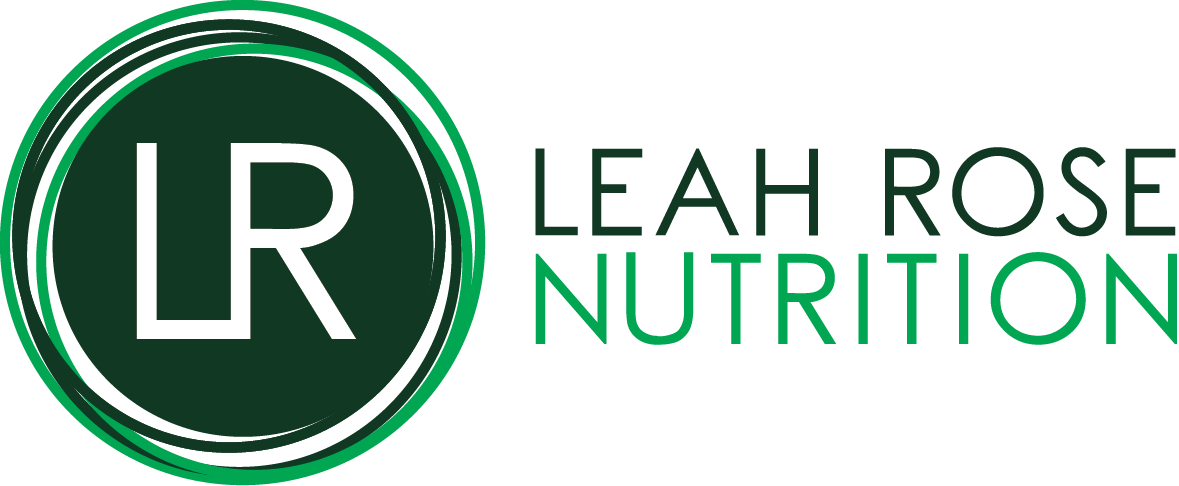Confused About Nutrition?
You’re not alone.
It’s the one thing most people who get in touch with me have in common; it doesn’t matter whether you’re new to nutrition, a seasoned sports professional with considerable knowledge, or striving for weight-loss; most people first approach me because they are confused.
Some don’t even know they are confused - they are so deep down a rabbit hole with ‘gurus’ and high profile celebrity personalities they are 100% certain they are in the know, and that there must therefore be something wrong with them/their metabolism/their hormones (add your own thing here - the list goes on).
I see a lot of fear and avoidance, myth and misinformation; and I get it, I totally get it - because I’ve been there.
I lost weight a long time ago, a lot of weight - whilst fearing carbs, sugar, insulin and blood sugar - without understanding how or why.
By driving down my carb intake I inadvertently reduced my energy intake, my portions and meals changed for the better, I’d upped my protein intake, and the amount of veg in my diet increased a lot.
As I lost weight, it reinforced my belief that carbs were the problem, they were the bad-guy, and I completely missed the fact that I’d stopped consuming energy over and above what I required, and that I’d vastly improved my nutritional intake compared with where it had been before.
But, other things were happening too - my cholesterol went up, my relationship with food was in bits, my tracking and calorie counting was out of control, and my training and exercise suffered as energy levels often crashed with the amount of training I was doing back then.
This wasn’t the happy, healthy place that weight-loss and no-carbs had promised to be.
I realised at this point that I needed to do something about my understanding of nutrition for my long-term health - I’d found myself stuck, progress had stopped, and I was very confused.
For me, the answer was to study - that’s not for everyone for a million and one different reasons, I know. But for me, it sparked a fire in my belly about why this information was so difficult to find.
There’s an important message in my story: if a message is heavily skewed then it’s probably not as simple as it sounds.
Do I now, as a nutritionist, still recommend low-carb diets to people? The answer is, it depends.
You see, something really important is missing from information out there at the moment, and that is context. Information without context, particularly scientific information, can be very easily misconstrued and then it becomes misleading.
The problem with context is that everybody has a different one - you, me, and the next person. What's good for one isn't necessarily good for another. Without context you get over-simplification and yes/no answers - where answers really should be “it depends”.
Only confusion can come from this because not only are we are all different, but also, many nutrition concepts are simply not simple. Over-simplified messages taken out of context actually have the opposite effect to that which is being sought: and that is confusion.
If you're looking for an end to confusion when it comes to nutrition, I'm here for it - I can help you apply the right principles to the right context for you.
Share this with anyone who needs to hear it. And let me know in the comments below if this has struck a chord with you.
